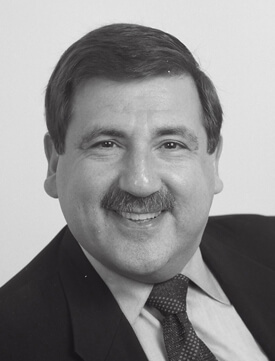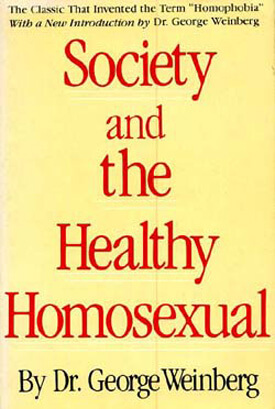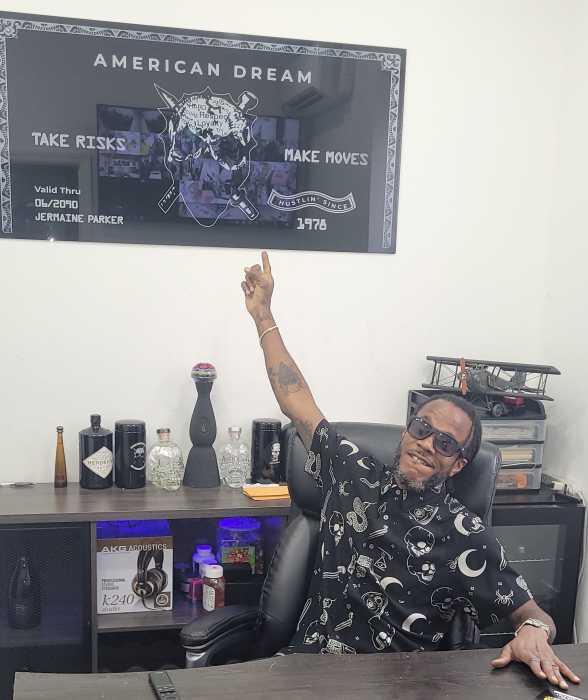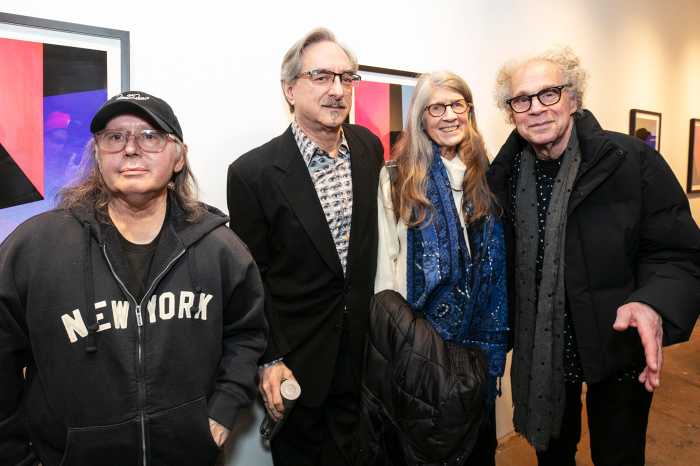ILLUSTRATION BY MICHAEL SHIREY
California’s Democratic governor, Jerry Brown, signed into law a first-in-the-nation ban on inflicting “reparative therapy” on minors to try to turn them from gay to straight, calling the practice “quackery.”
Liberty Counsel, a legal arm of the religious right, immediately went to court to file a constitutional challenge to the law, which goes into effect on January 1.
While the Human Rights Campaign (HRC) said it wants the law replicated across the country, the group did not respond to repeated queries about how it plans to do that. And so far, no one in New York is moving to follow California’s example, though an out gay legislator in New Jersey is.
Therapists here in New York, meanwhile, are divided about the advisability of the legislation.
California’s Brown was lobbied hard to sign the legislation after its passage in May, but he did not tip his hand before doing so on September 29. The governor tweeted, “This bill bans non-scientific ‘therapies’ that have driven young people to depression and suicide.” He also wrote, “These practices have no basis in science or medicine, and they will now be relegated to the dustbin of quackery.”
In a joint release, Equality California and the National Center for Lesbian Rights (NCLR) praised Brown for protecting kids from “deceitful mental health professionals who falsely claim to be able to able to change their sexual orientation or gender expression.” The groups’ statement said the new law bans “the use of shame, verbal abuse, and aversion therapy that place youth at high risk of depression and suicide.”
The legislation, whose chief sponsor was Senator Ted Lieu, an LA-area Democrat, applies to state-licensed therapists and had the backing of the California Psychological Association, the American Psychoanalytic Association, the state chapter of the American Association for Marriage and Family Therapy, and the National Association of Social Workers, among dozens of others. It was also endorsed by legal groups such as NCLR and Lambda Legal.
During the Legislature’s consideration of the bill, its sponsors backed off applying it to the treatment of adults in order to win more professional and political backing.
Mat Staver of Liberty Counsel, in a statement announcing the group’s lawsuit, said, “Therapists have an ethical obligation to help clients deal with conflict. If a client is experiencing conflict between religious beliefs and same-sex attractions and wants to prioritize those beliefs over such attractions, the counselor is ethically obligated to directly help or refer for help.”
He said that under the new law “the licenses of countless mental health professionals hang in the balance.”
HRC’s Fred Sainz told Metro Weekly, an LGBT publication in the nation’s capital, “They have lost their marbles if they believe a court in the state of California, of all places, is going to side with them on continuing to inflict this kind of psychological torture on youth.”
Thomas Healy, a constitutional law professor at Seton Hall, told the Newark Star-Ledger that the law could violate the First Amendment because it “really strikes at the heart of what psychiatrists do, which is to talk people through issues.”
Therapists in New York are divided on the advisability of the legislation. One prominent psychiatrist expressed misgivings about legislation regulating therapy in a 20-minute conversation about California’s new law, but declined to go on the record due to the political sensitivity of the issue.
Dr. George Weinberg, author of the seminal “Society and the Healthy Homosexual,” favors a legislative approach to curbing the “cure.”
Dr. George Weinberg, a renowned psychotherapist and the author of “Society and the Healthy Homosexual,” a 1972 book that coined the term “homophobia,” welcomed the development.
“Obviously, I am wildly for the bill,” he wrote in an email. “I’ve been pleading with gays for 50 years not to try to fix what isn’t broken. I’ve seen terrible self-hate and other harm come out of those so-called reparative therapies. I’ve been begging gays not to succumb to that stuff since 1965. The shortest road toward utter despair and self-hate is to condemn yourself — and that is what those gay patients are doing.”
Weinberg added, “Therapy should aim at getting people not to turn against themselves… Therapy should teach that, as Thoreau put it, ‘Private opinion is a worse tyrant than pubic opinion.’ The goal should be to get people to privately approve of themselves — not hate themselves.”
Dr. Jack Drescher, an out gay distinguished fellow at the American Psychiatric Association and a longtime critic of sexual conversion therapy, was cautious about bringing such legislation to New York.
“I think if someone is practicing a harmful form of treatment they should have their licenses taken away,” he said. “This [therapy] is out of the mainstream. The law makes people feel good, but doesn’t solve problems of unlicensed therapists who do this. And I’m not sure it is constitutional. If it gets overturned, it will be a victory for anti-gay organizations. It will be a setback for the public in education about the harm of conversion therapy.”
Drescher noted the disrepute into which efforts at changing sexual orientation have fallen in his profession.
“It is not a mainstream activity in the mental health profession,” he said. “It’s not being taught. The professional standard is that there is no scientific basis to show that it works. The theories of people who use it are based on homosexuality being a mental disorder and the professional standard [since 1973] is that homosexuality is not a mental disorder.”
Dr. Jack Drescher, another noted gay mental health professional, has doubts about the advisability of the new California law.
Still, he wrote in an email, “Passing legislation to prevent a questionable practice seems a rather heavy-handed and inefficient way to reduce these practices among licensed professionals (like using a hammer when you would be better served by using more delicate surgical instruments). I have suggested to one gay rights group that asked me about this that they consider developing an educational video for licensing boards and professional ethics committees since these are the places where education is needed since they are the ones who hear complaints from patients/ clients who feel they have been hurt by these practices.”
Drescher pointed to a key factor in limiting discussion within the mental health professions about conversion and reparative efforts. The issue, he said, typically “doesn’t come up in ethical committees and licensing boards because the people who get these treatments don’t file complaints. I do think it is unintentional child abuse on the part of parents.”
New Jersey Assemblyman Tim Eustace, an out gay Bergen County Democrat, is not awaiting the results of the challenge to the California law, telling the Newark Star-Ledger he will make his state the second to take up such legislation. Eustace, who has been partnered for 31 years and has two children, told the newspaper that as a parent he is calling out anyone billing themselves as a conversion therapist as “someone who claims to be a professional, who is making good money off a family, who could end up damaging a kid forever.”
Senate President Steve Sweeney, a Camden-area Democrat, and Senate Majority Leader Loretta Weinberg of Teaneck are among those sponsoring Eustace’s legislation in the Legislature’s upper chamber.
Last week, the British Association for Counselling and Psychotherapy (BACP) formalized its policy against conversion therapy, citing World Health Organization policy “that says such therapies can cause severe harm,” the Guardian reported.
Phillip Hodson, a psychotherapist and BACP spokesman, told the newspaper, “To me, as a therapist, it seemed inconceivable that someone who had been trained and made accountable could act in that way. I was shocked rigid that a member was practicing conversion therapy, which I thought only happened in wackier parts of America.
New York political leaders are not yet jumping on the bandwagon to regulate the quackery through legislation.
While the Empire State Pride Agenda praised Brown for signing the California law, Erica Pelletreau, the group’s communications director, said in an email, “At this time, we don’t have any plans to get a similar bill introduced and passed in New York.”
Deborah Glick, the veteran out lesbian member of the State Assembly from the West Village and chair of the Higher Education Committee that deals with professional licensing, told Gay City News, said, “It is something that I will take up with the Office of Professions as to whether or not there is the need to make that change legislatively or if there is leeway to do it administratively.”






































